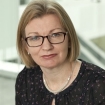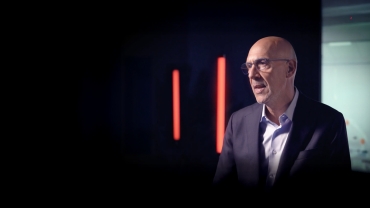
Our purpose defines why we exist. Our strategy is our shared commitment to making our firm the standout choice for clients, stakeholders and talent. Both are underpinned by our values, which set the expectation for how we interact and help build our culture.
Our purpose, strategy and values
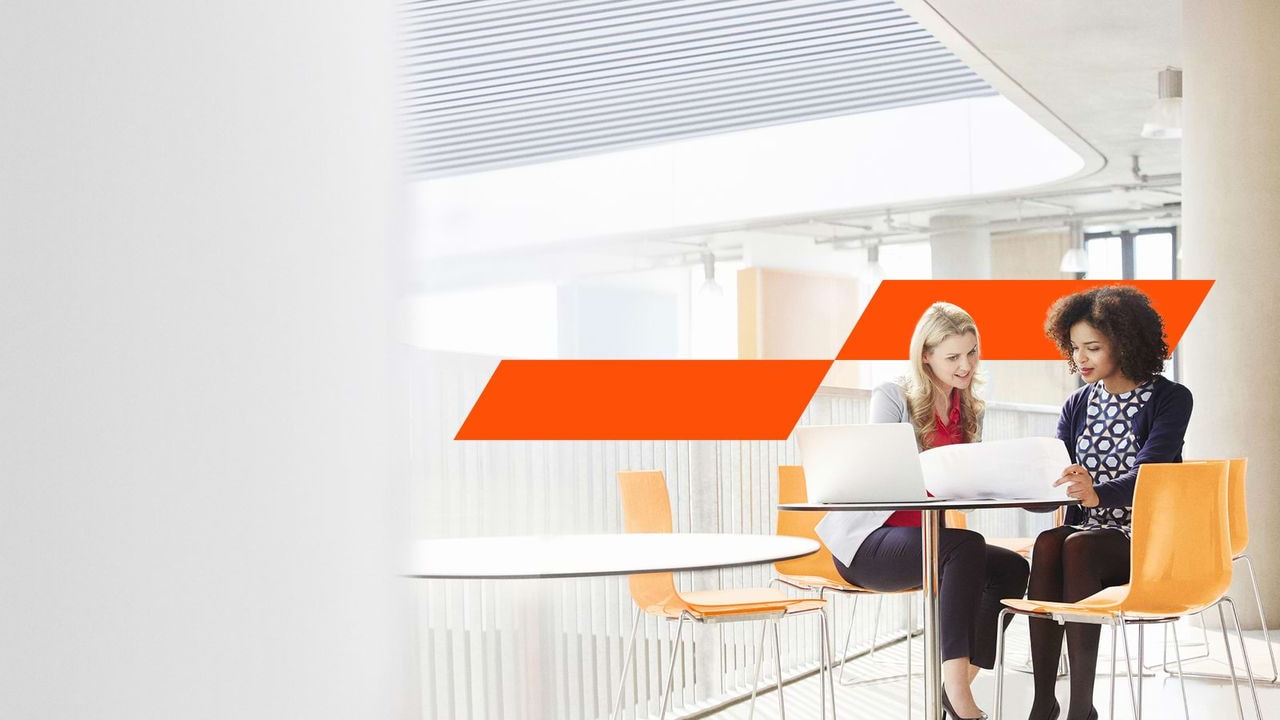
Purpose
We’re a hugely diverse business, bound by our global purpose - to build trust in society and solve important problems.
Our greatest opportunity to deliver our purpose is through meaningful work that makes a difference to our clients and society. We employ thousands of talented people across the UK, equipping them with the skills they need to help solve our public, private and third sector clients’ most pressing problems - building trust and driving inclusive growth alongside them.
This purpose also underpins how we work with our stakeholders. Who we are as an employer. How we run our business. And the ways we contribute to society more broadly, including our work to reduce economic inactivity.
Explore more on our purpose
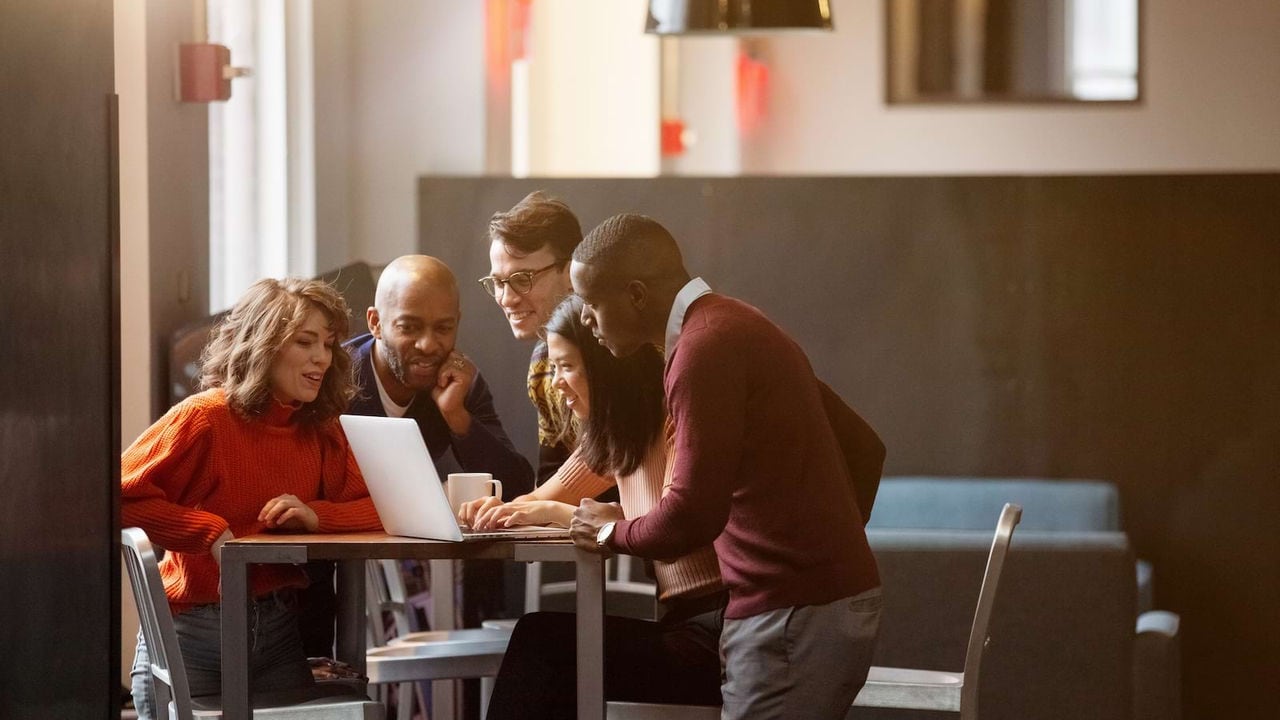
Building resilient communities
We deliver social, environmental and economic benefits through our UK-wide community programmes - with a total community contribution of over £10m in FY24. Read more about how our people share their skills, time and talent.
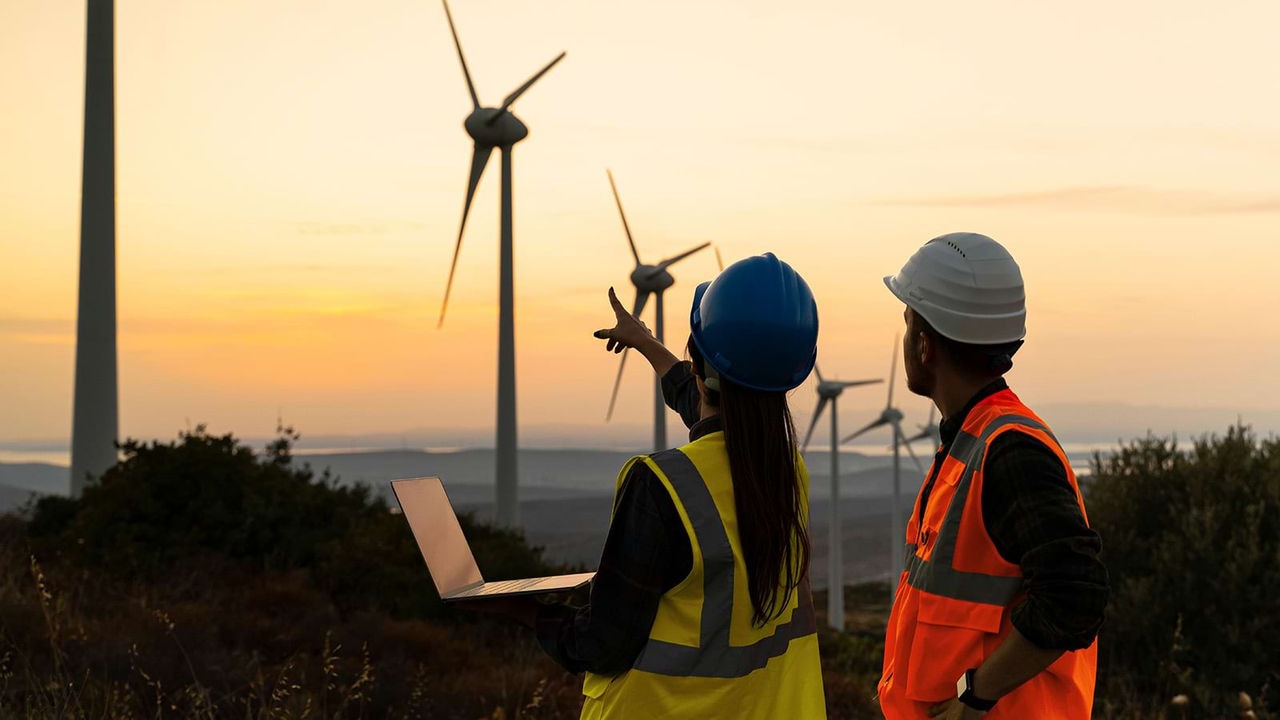
Reimagining a sustainable future
Our corporate sustainability strategy is designed to play our part in addressing the climate and nature crisis. Learn more about our outcome-focused goals and programmes.
Our strategy
Our strategy sets our focus on the areas that support our ambition to be the pre-eminent firm - standing out as the top choice for our clients and the best talent.
It’s built around three strategic priorities: Clients, Technology and Global. It reflects the depth and breadth of our sector expertise, and our understanding of clients’ issues. It centres our investment in AI, data and cloud alongside our alliance partners. And the power of our network as our clients face increasingly global challenges. These three priorities are underpinned by five foundations that are core to who we are and how we operate: Culture, Brand, Commerciality, Quality and Talent.
Disruption and innovation are all around us. Our strategy allows us to help clients achieve momentum as they seek to create, capture and protect value in a world that demands constant reinvention.
Our values
Our five shared values define how we behave and help us create our culture together. They set the expectations for how we interact with our clients, each other and our communities.
Act with integrity
We expect and deliver the highest quality outcomes, speak up for what’s right, even in difficult situations, and make decisions as if our personal reputation is at stake.
Make a difference
We stay informed and respond with agility to the ever-changing business environment in which we operate - always looking to create a positive impact on our colleagues, clients and society.
Work together
We collaborate, share ideas and integrate a diverse range of perspectives to improve ourselves and others.
Care
We aim to understand every individual and what matters to them, recognising each person’s value and contribution, while enabling them to grow in a way that brings out their best.
Reimagine the possible
We empower innovation and challenge the status quo by keeping an open mind to the possibilities in every idea.
Contact us
